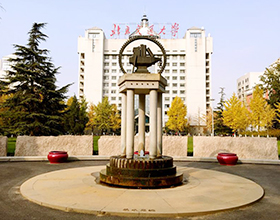
2017年10月23日 09:00 ~ 2017年10月23日 10:30
名额 不限
微信扫一扫,活动随身看
摘要:Does a high social status make people more generous? Using a laboratory experiment, I generate social status (either randomly or earned) and compare prosocial behaviour between people with high and low status. In a novel one-shot, two-player, two-stage game, a high-status subject is paired with a low-status subject to determine joint production. Player 1 gives a non-binding advice ‘a’ to player 2, suggesting an effort level for player 2. Player 2 learns about ‘a' and determines the actual effort for both players. Total effort is constant and it is costly to exert effort. Deviation from the advice causes a loss in the team payoff. Results show that prosocial behaviour is status-specific: 1) High-status subjects are less selfish than their low-status counterparts. 2) When status is earned, there are even fewer selfish players 2 with high status; moreover, they deviate less from the advice such that less efficiency is lost.
报告人简介:郑金笛,本科毕业于人民大学,即将取得阿姆斯特丹大学经济学博士学位。主要研究兴趣是行为经济学、实验经济学、田野实验等。在UCSD、University of Nottingham、Tinbergen Institute以及国内的人民大学、上海交通大学等很多知名高校做过邀请报告;多次获得Speerpunt fund for experiment CREED基金。